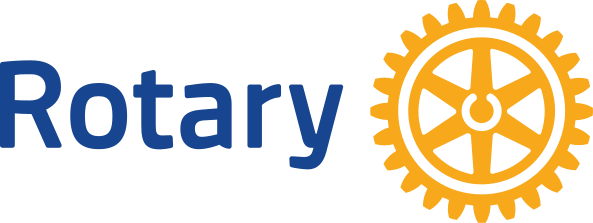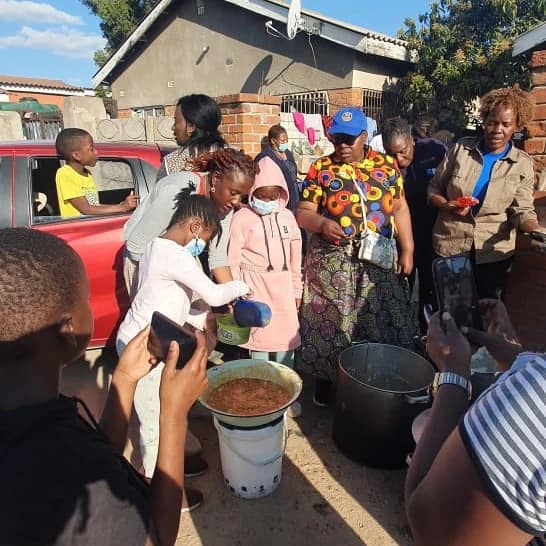Project historical background
The relief kitchen came into existence when the first Covid 19 lockdown was announced in April 2020. An extension of help that was initially aimed at assisting the people of Unit A Extension, Chitungwiza quickly spiraled into a wave that ended up feeding over 4000 meals a day to people coming from different parts of Seke and Zengeza including Seke rural. The majority of the recipients coming to the kitchen were people whose source of income had been stifled by the ban on economic activity through restricted movements. These were typically cross border traders, small scale entrepreneurs, gardeners, domestic workers amongst many other informal traders. The most hit hard would be the orphans and peripheral groups that have been marginalized since the contagion came into existence like the mentally and physically challenged together with the neglected elderly. It became apparent that there was a need to be satiated and in turn the Trust became a concerted effort to bridge the disparity that was exposed by the Covid 19 virus.
The relief kitchen has to date served over 3 million meals to deserving recipients frequenting the Trust on a daily basis for over 2 years. The kitchen continues to serve two meals a day namely porridge and an early supper to children, the disabled and the elderly. In its daily dealings with the masses, the trust carried out a need analysis and noted that the struggles of these people went beyond food needs. They needed medical attention together with socio-economic needs like sanitary, clothing, shoes and school fees. This then influenced different drives that we have carried out over the years to date which are dubbed the shoe, clothing, blanket, sanitary wear and school fees drive. These have played an immense role in easing the pressure of exposure owing to the pandemics disruption of peoples daily lives and worsening economic situation.
The relief kitchen was officiated after having been shut down by the Municipality of Chitungwiza but later reinstated to operate on condition that it was regularized as a registered entity.
Rationale of the Project
Kuchengetana Trust’s approach aims to respond to address immediate needs as the first tier. These may be classified as disaster responses. At this tier, the intervention seeks to mitigate extreme threats to life such as but not limited to the effects natural disasters and health outbreaks. In the wake of limited resources generally, the trust has set criteria to trigger related interventions. The response design equally attempts to address the recovery, mitigation and preparedness efforts so as to minimize the risk of recurrence and extreme impact.
Second tier would be focused on Capacitation- building local capacities to conceptualize entrepreneurial and sustainable initiatives that promote local growth and development. Interventions such as but not limited to community training, mentorships, coaching, exchange and familiarization programs, twinning arrangements, scholarships and start up packages are implemented through the progression of developing local entrepreneurial initiatives.
There has been a notable reduction in delinquent behavior as there is provision of food needs from the kitchen on a daily basis. Notable weight gain especially amongst the 2 to 10 year old’s showing a steady incline in weight gain. This proves that consistent and healthy meals are making a positive impact on the recipients
The Niche
Although the program is mainly focused on feeding the vulnerable groups, the approach to uplifting communities is underpinned on the drive to transition them from being heavily handout reliant communities to be self- reliant through sustainable interventions. The Trust aims to create an enabling environment for communities to bring their entrepreneurial ideas to the fore and then equip them with the necessary skill sets and linkages to make these ideas a worthwhile reality
The Outcome
We arranged a Cook Out at Kuchengetana Trust and it was a huge success!
We donated: 400kg maize meal, 200kg soya chunks and 50kg gas. Cabbages, tomatoes and onions.
What a wonderful day, with Rotarians sharing their cooking skills (an amazing bean recipe was discovered), to everyone pitching in from unloading donations, to cooking, serving and fellowship with the community.

